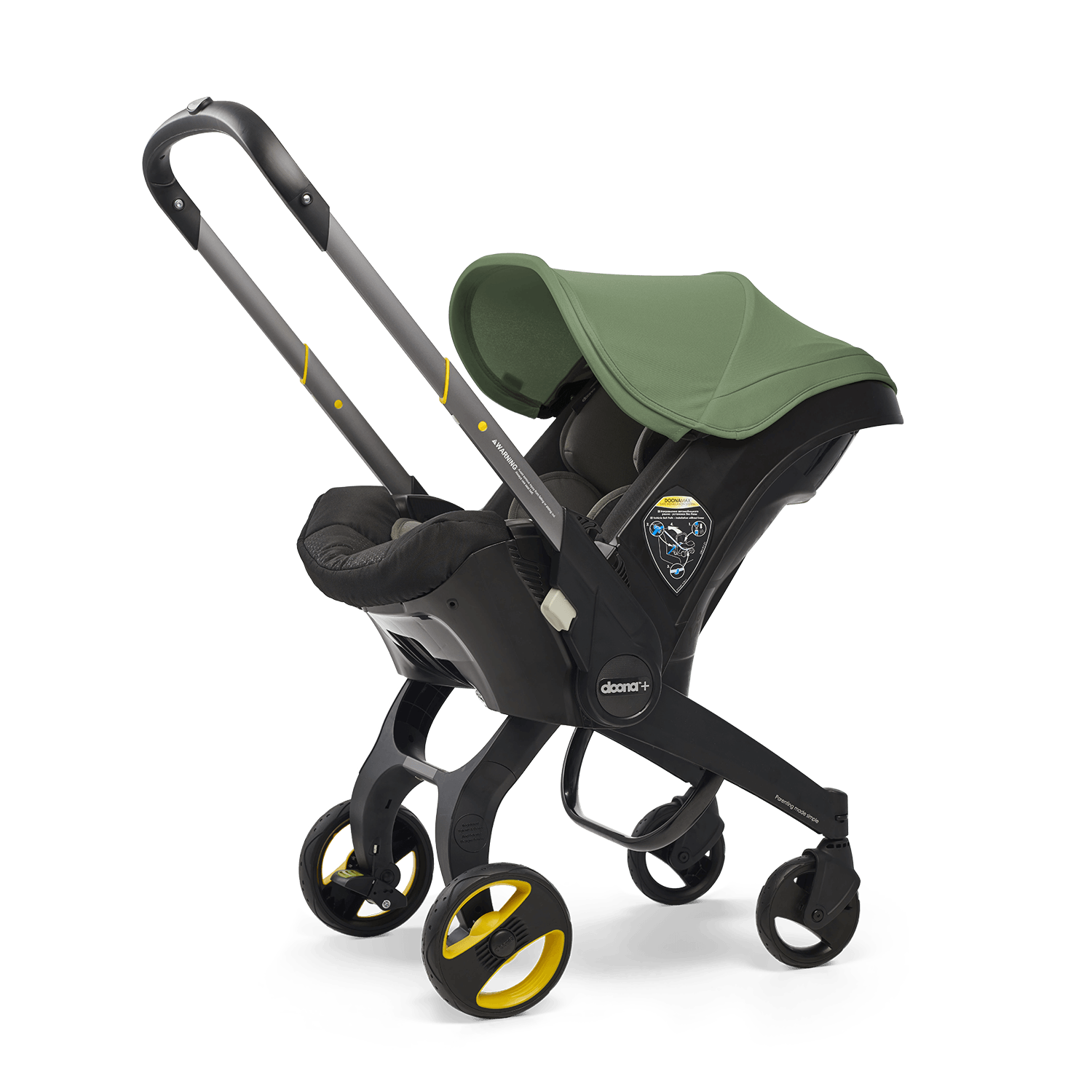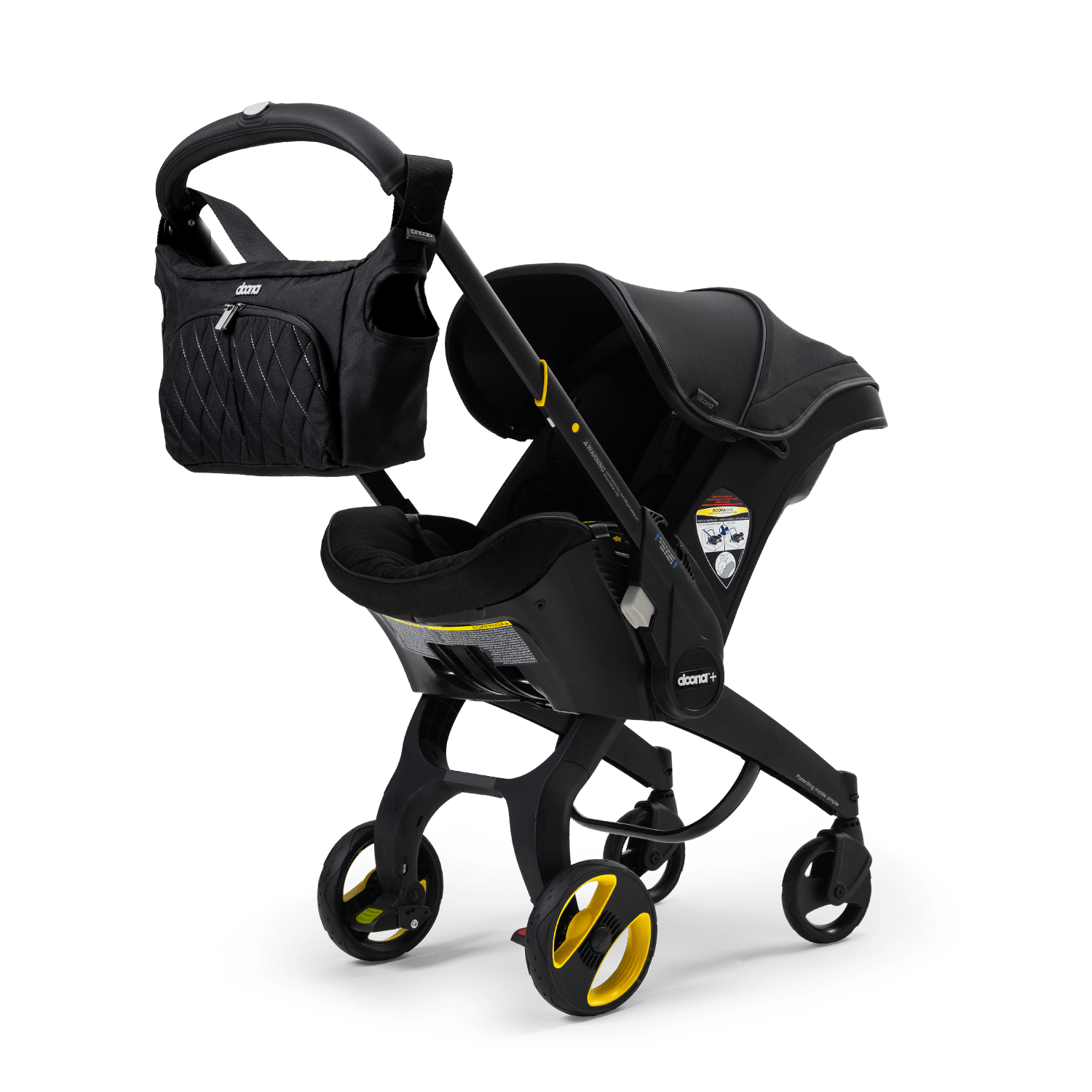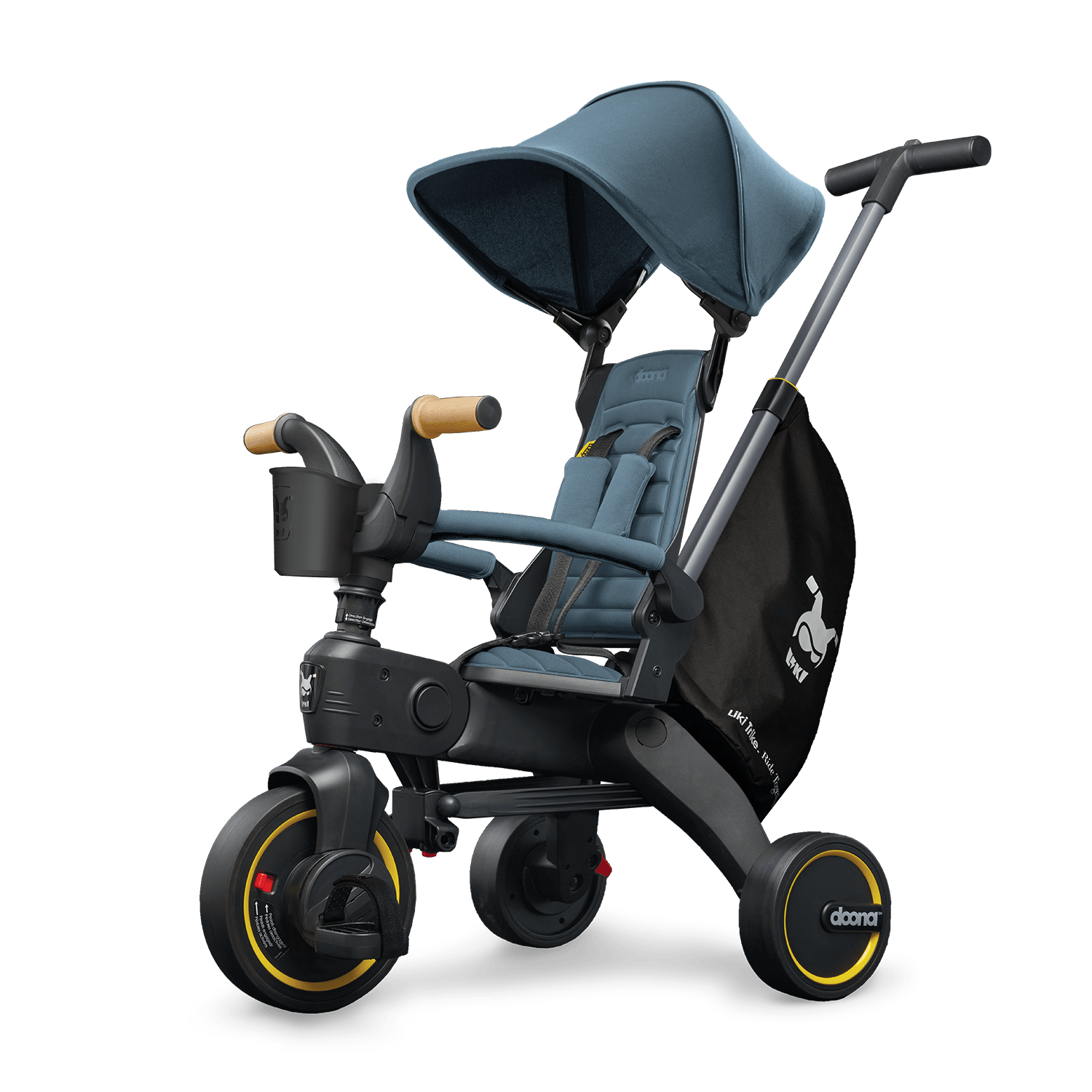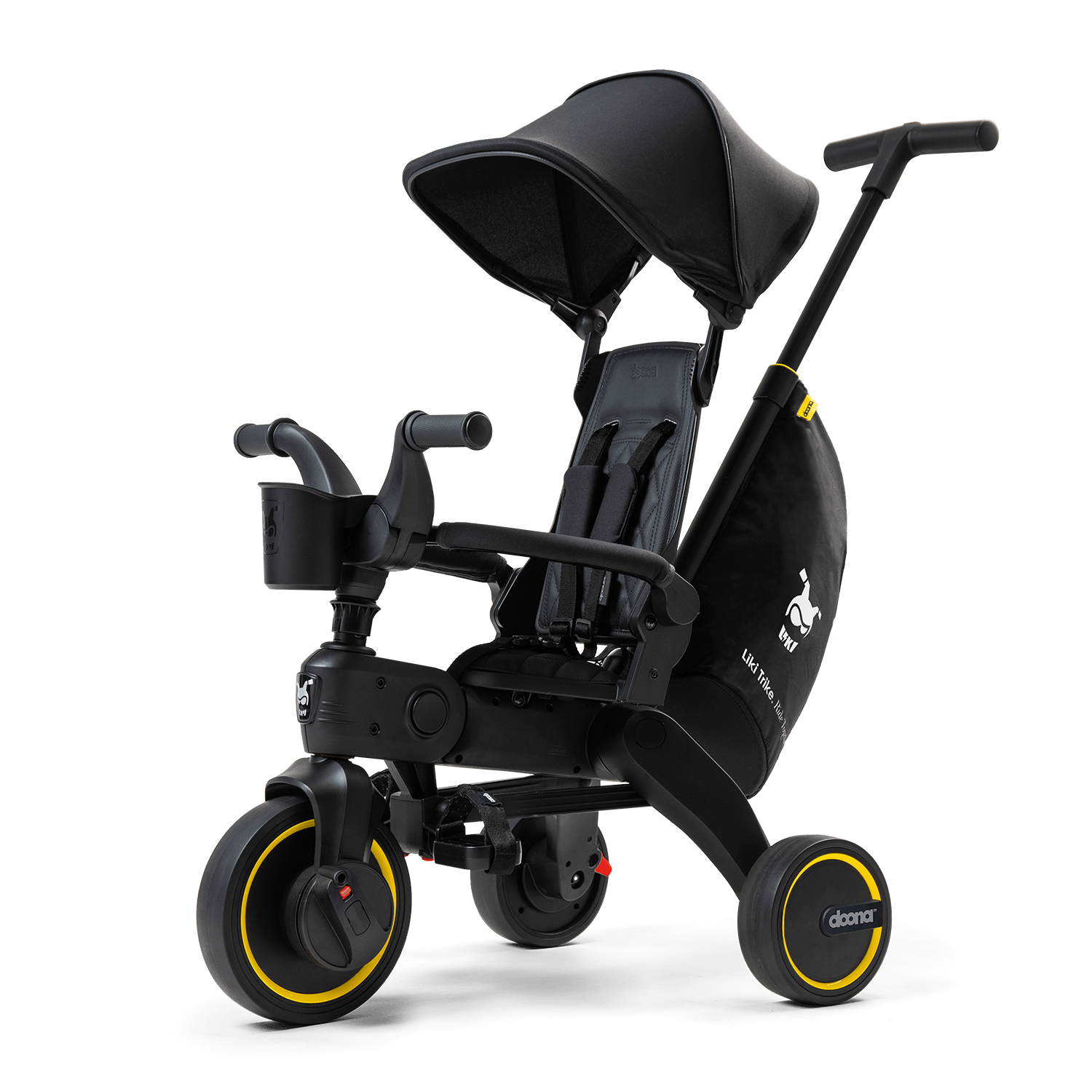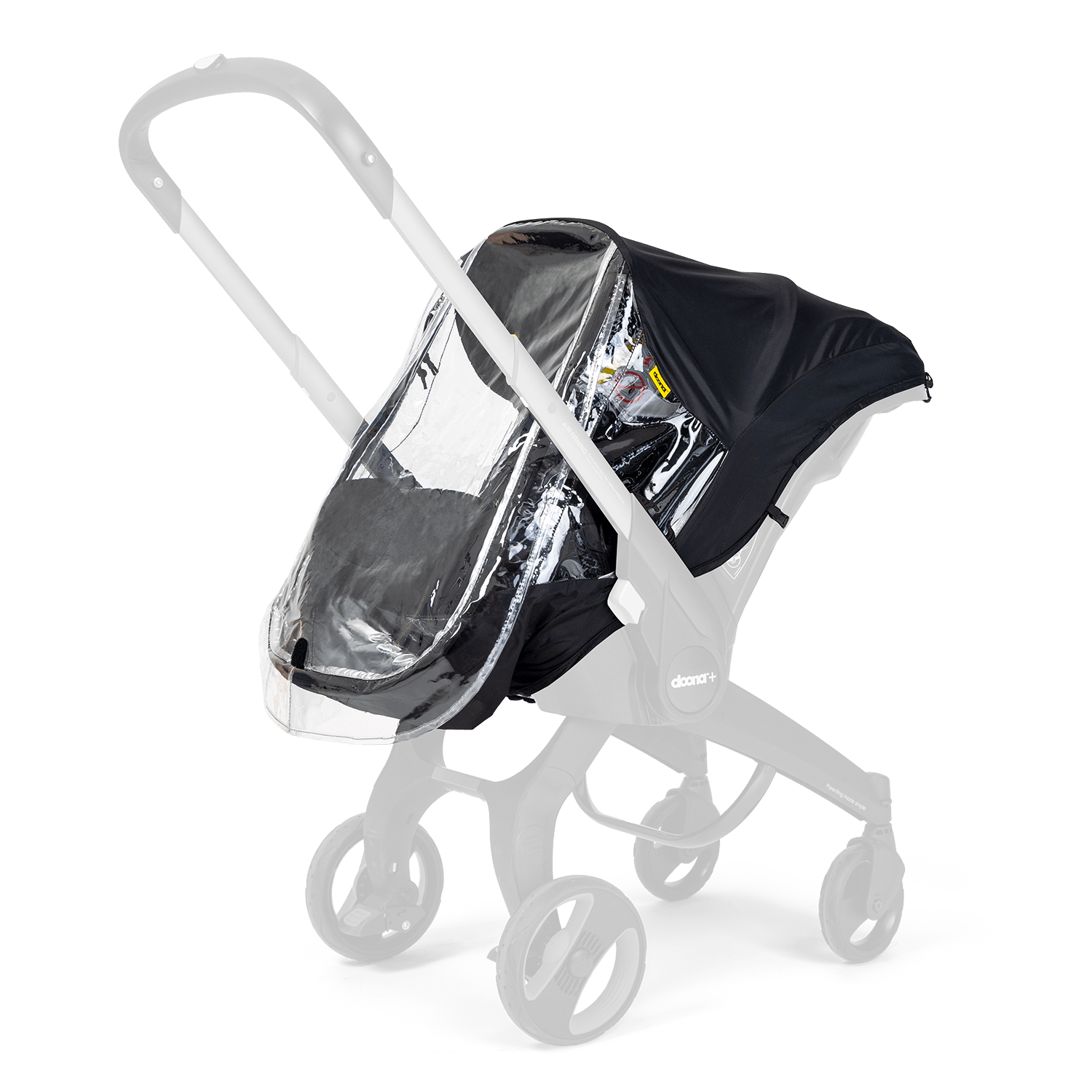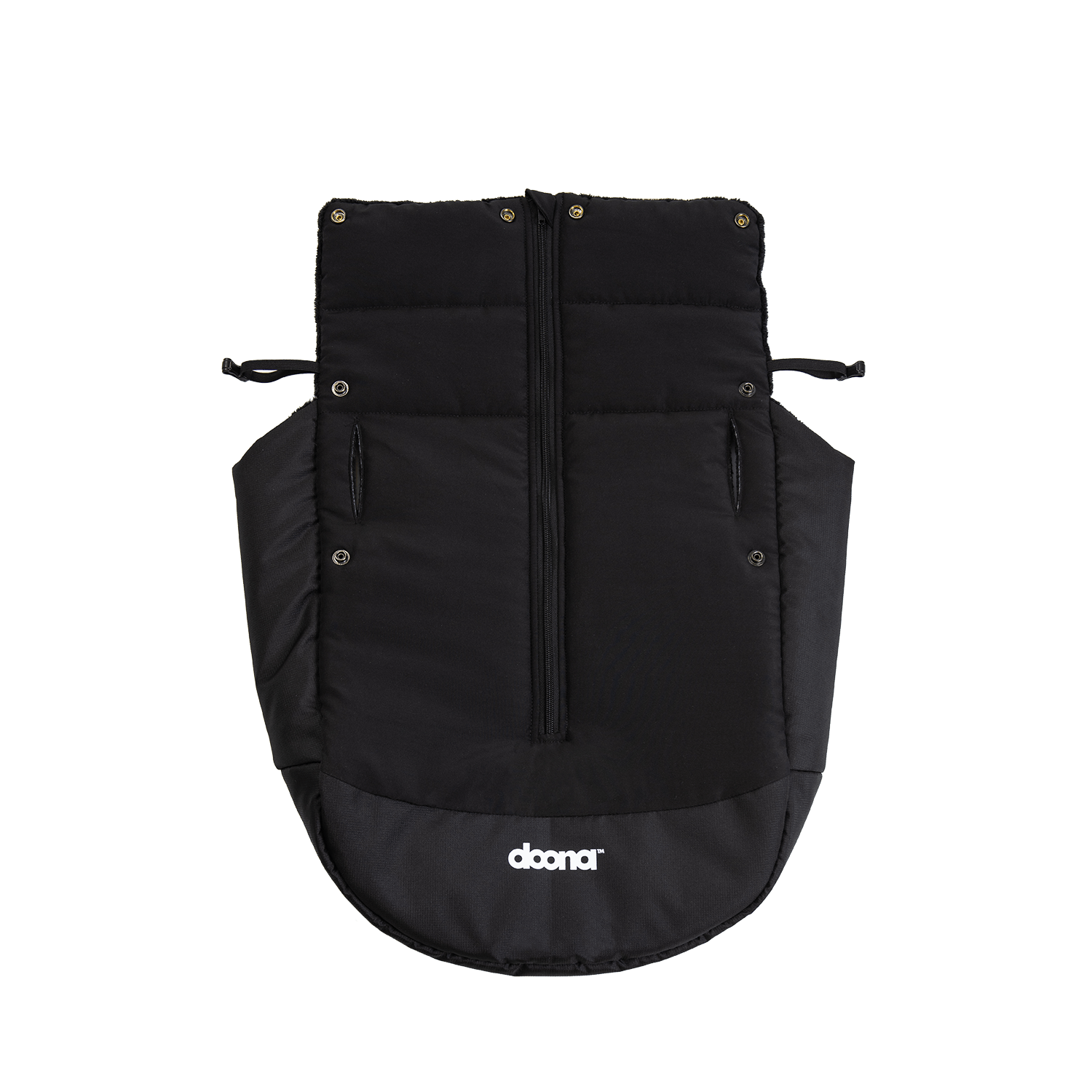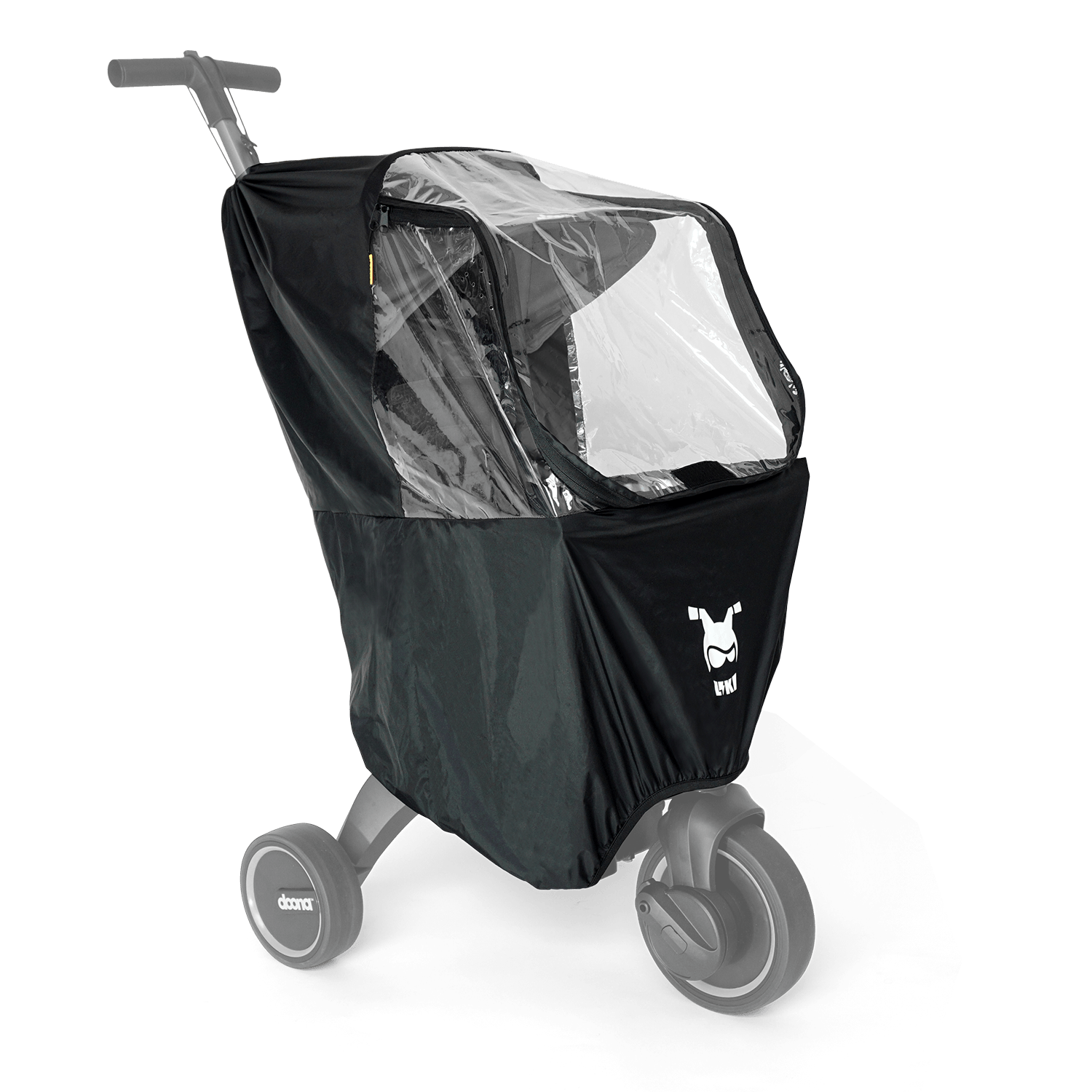How to introduce your baby to solid foods
One of the most exciting milestones in your baby's journey is introducing them to solid foods. It marks a significant transition from just relying on breast milk or formula to exploring a whole new world of tastes and textures. However, it can also be an intimidating experience for parents, filled with a ton of questions and uncertainties. In this blog, we'll walk you through everything you need to know about introducing solids to your baby.
When can you begin solid foods?
The American Academy of Pediatrics recommends introducing solid foods around six months of age. By this point, most babies have developed the necessary skills, such as sitting up with support and showing interest in food. However, every child is unique, so it's essential to observe your baby's cues and readiness signs before starting solids. Some babies may be ready a little earlier, while others might need more time.
Here are a few cues to decide if your baby is ready for solids:
If your baby can hold their head up when propped up and has good neck control
Your baby reaches for and shows interest in table foods or grabs at your food
Your baby is able to make back and forth motions with their tongue
Your little one can open their mouth wide or makes chewing motions
Reduced tongue thrust
Chewing their fists
First foods to introduce
Traditionally, single-grain, iron-enriched, and whole-grains, such as rice cereal, were the first foods introduced to babies. However, current recommendations allow for more flexibility. You can start with pureed fruits or vegetables, such as mashed bananas, sweet potatoes, carrots, or avocado. These options provide essential nutrients and introduce your baby to different tastes and textures. Regardless of which food you start with, it should be super smooth. And, if you’re preparing your own baby food, you should strain, puree, finely mash, and thin it with some liquid.
How to start solids
It’s important to introduce solid foods to your baby gradually. Start by giving a small amount of food once a day, preferably when your baby is calm and not overly hungry. You can use a clean finger or a small spoon to offer the food. Initially, your baby may only eat a few spoonfuls, which is normal. As your baby’s appetite and tolerance develop, you can gradually increase the frequency and the variety of foods.
Pay attention to allergic reactions
As you introduce new foods to your baby, it’s important to keep a close eye out for any signs of allergic reactions, such as rash, hives, swelling in the mouth, vomiting, or diarrhea. Common allergenic foods include cow's milk, eggs, peanuts, tree nuts, wheat, soy, fish, and shellfish. It's a good idea to introduce these foods one at a time, waiting a few days between each new food, to monitor for any adverse reactions.
Textures and consistencies
As your baby becomes more comfortable with eating solids, you can gradually introduce thicker textures and lumpier consistencies. This helps develop their chewing and swallowing skills. You can start by mashing or pureeing foods less finely or offering soft, cooked pieces of fruits and vegetables for your baby to pick up and explore.
Breast milk or formula
Whether you breastfeed or use formula, this should remain your baby's primary source of nutrition for the first year of life while introducing solids. Solids are meant to complement, not replace, milk feeds. Continue to offer breast milk or formula before or after solid meals to ensure your baby receives all the essential nutrients they need for growth and development. Allowing solids to replace milk too quickly could lead to undernutrition or poor weight gain.
Mealtime tips
Make mealtime a positive and enjoyable experience for your baby by creating a relaxed atmosphere. Sit your baby in a high chair or securely supported seat and engage them in conversation or sing songs while feeding. Allow your baby to touch and explore their food with their hands, even if it gets messy; it's all part of the learning process. Some days, your baby may be eager to eat everything you offer, while other days, they may reject certain foods or be less interested in eating. Remember to be patient and persistent, offering a variety of nutritious options and allowing your baby to decide how much to eat and what they prefer.
Consult with your pediatrician
If you have any concerns or questions about introducing solids to your baby, it’s always a good idea to consult with your pediatrician. They can provide personalized guidance based on your baby's individual needs and development, especially if an allergic reaction occurs.
Just as with any parenting challenge, introducing solids is an opportunity to strengthen the bond between you and little one. At Doona, we’re committed to simplifying the parenting experience, whether it's mealtime or everyday adventures. Just like our Doona Car Seat & Stroller seamlessly adapts to your needs, we’re here to support you on this journey of parenthood.
